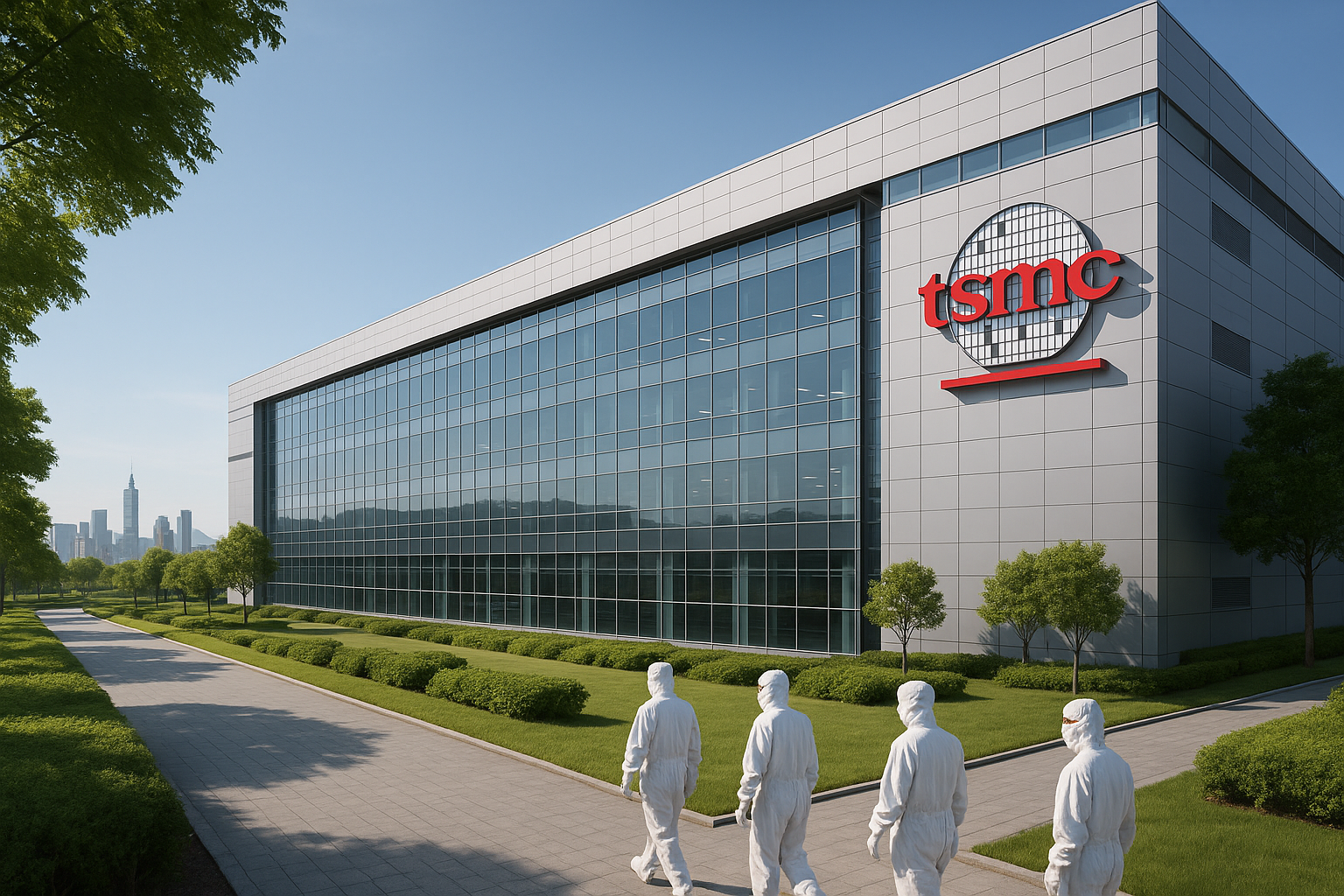
When the history of modern technology is written, the story of Taiwan Semiconductor Manufacturing Company (NYSE: TSM) stands as a transformative chapter in the evolution of the global semiconductor industry. Since its inception in 1987, TSMC has not only become the world's leading pure-play semiconductor foundry but has also fundamentally reshaped the structure of the entire semiconductor ecosystem.
Founding Vision and the Birth of the Foundry Model
Taiwan Semiconductor Manufacturing Company was founded in Hsinchu, Taiwan, by Morris Chang, who envisioned a new business model in the chip industry. Traditionally, integrated device manufacturers (IDMs) designed, fabricated, and marketed their own chips. This model required enormous capital investments and limited flexibility for smaller, innovative players.
Chang’s vision was radical: TSMC would exclusively manufacture chips designed by other companies, allowing “fabless” design houses to flourish without the burden of owning expensive manufacturing facilities. This “pure-play foundry” model lowered the barrier to entry for chip designers, catalyzing an explosion of innovation in Silicon Valley and around the world.
Rapid Rise and Expanding Capabilities
TSMC quickly established itself as a critical partner for chip designers. By focusing solely on manufacturing and continually reinvesting in cutting-edge process technologies, TSMC delivered production scale, cost efficiencies, and manufacturing excellence that few, if any, could match. As demand for consumer electronics, personal computers, and mobile devices accelerated in the 1990s and 2000s, TSMC became the backbone of the fabless revolution.
During this period, companies like NVIDIA (NASDAQ: NVDA), Apple, Qualcomm, and later AMD, began relying on TSMC to fabricate their most advanced chips. The company’s relentless pace of process node innovation—moving from 250nm down to 7nm, 5nm, and now 3nm—has enabled customers to bring faster, more power-efficient products to market, driving the digital transformation of industries.
Dominating the Advanced Node Race
TSMC’s commitment to technological leadership is evident in its massive capital expenditures, with annual investments in advanced fabrication technologies often exceeding $30 billion. The company’s ability to ramp up new nodes quickly has made it the foundry of choice for the world’s most advanced logic chips.
Apple, for example, has partnered with TSMC to produce its custom A-series and M-series processors, providing the competitive edge that powers everything from iPhones to Macs. Similarly, NVIDIA and AMD leverage TSMC’s advanced nodes for their leading-edge GPUs and CPUs, supporting rapid advances in AI, gaming, and data centers.
By the early 2020s, TSMC’s dominance in sub-7nm manufacturing was virtually uncontested, with (NYSE: TSM) producing over half of the world’s advanced semiconductors. The company’s technical leadership and scale have made it a linchpin in the global electronics supply chain.
Geopolitical Importance and Supply Chain Resilience
TSMC’s centrality in the tech ecosystem has made it a focal point in global geopolitics. As the world’s largest contract chipmaker, TSMC’s Hsinchu fabs are seen as critical infrastructure, especially amid ongoing tensions between the U.S. and China. This has spurred significant investments in new manufacturing sites outside Taiwan, including a major facility in Arizona, USA, aimed at strengthening supply chain resilience and ensuring continued access to advanced chip manufacturing for U.S. companies.
Innovation, Sustainability, and Future Challenges
Looking ahead, TSMC faces both opportunities and challenges. The ongoing shift to 2nm and beyond, the growing complexity of chip manufacturing, and the urgent need for more sustainable operations all present significant hurdles. The company is also investing in new packaging technologies and exploring applications in automotive, IoT, and high-performance computing.
Meanwhile, competition from Samsung and Intel (NASDAQ: INTC)—both of whom are increasing their foundry ambitions—will test TSMC’s ability to maintain its technological edge. Yet, with its deep customer relationships, manufacturing prowess, and a relentless focus on innovation, TSMC remains well positioned to shape the semiconductor industry for decades to come.
Conclusion
From its inception as a bold experiment in business model innovation, Taiwan Semiconductor Manufacturing Company has grown into the bedrock of the global digital economy. By pioneering the pure-play foundry model, investing aggressively in advanced manufacturing, and enabling countless technological breakthroughs, TSMC has played an outsized role in shaping the modern world.
Disclaimer:
This article is for informational purposes only and does not constitute investment advice. Please conduct your own research or consult a financial advisor before making investment decisions.





